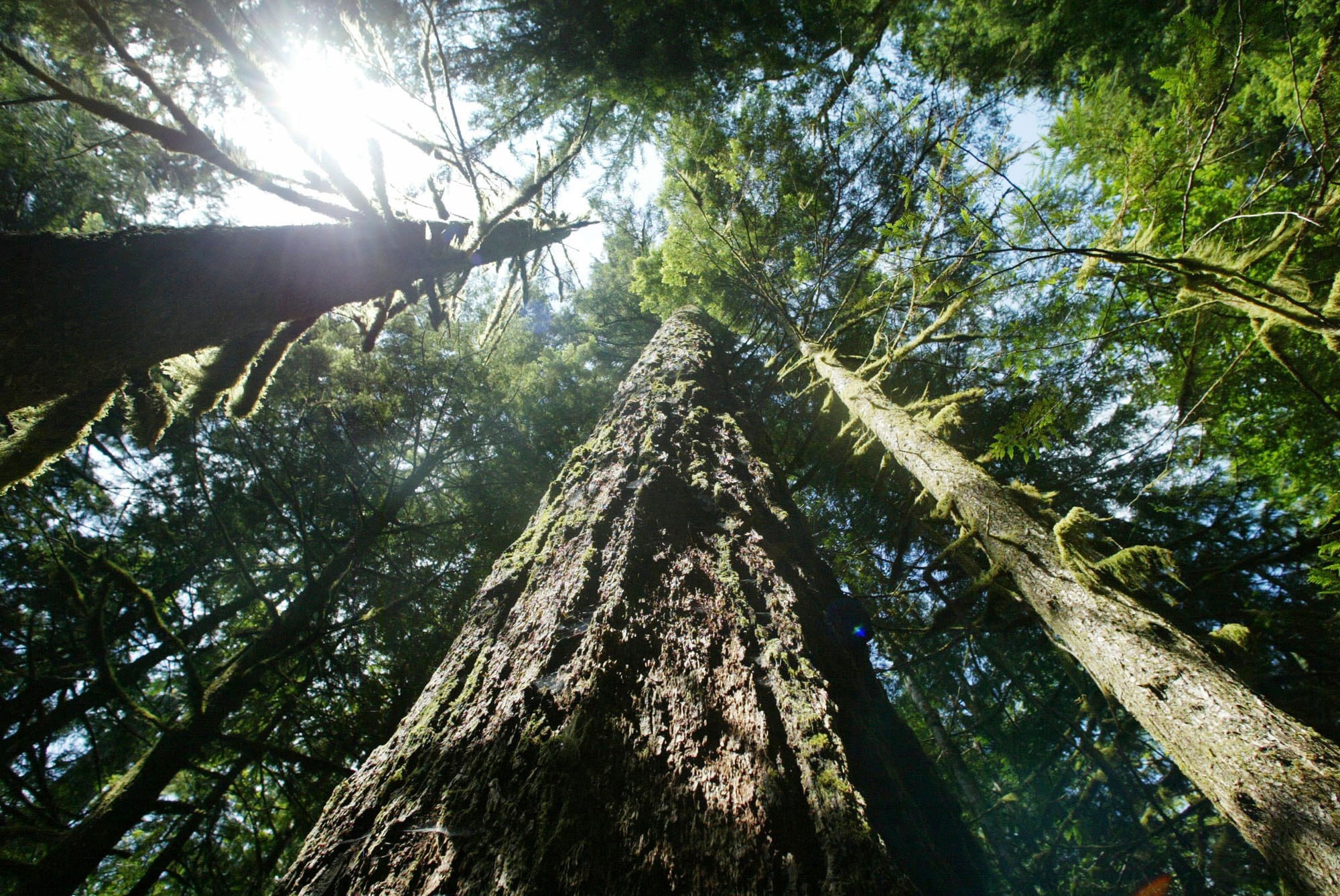The famed Darwin's Arch in the Galapagos Islands has lost its top, and officials are blaming natural erosion of the stone.
Ecuador's Environment Ministry reported the collapse on its Facebook page on Monday.
The rock structure — 43 meters (141 feet) high, 70 meters (230 feet) long and 23 meters (75feet) wide — is less than 1 kilometer (about half a mile) from Darwin Island and it's a popular spot for scuba divers. It's not accessible by land.
“Obviously all the people from the Galapagos felt nostalgic because it’s something we’re familiar with since childhood, and to know that it has changed was a bit of a shock," said Washington Tapia, director of conservation at Galapagos Conservancy. "However, from a scientific point of view, it’s part of the natural process. The fall is surely due to exogenous processes such as weathering and erosion which are things that normally happen on our planet.”
The unique flora and fauna on remote islands, some 1,000 kilometers (600 miles) off the coast of mainland Ecuador are famed in part for inspiring Charles Darwin's thoughts on evolution.
An orange tabby cat named Taters stars in the first video transmitted by laser from deep space, stealing the show as he chases a red laser light.
California regulators are preparing to vote on new rules for turning recycled wastewater into drinking water.
The Biden administration is moving to conserve old-growth forests on national forests and limit logging as climate change amplifies the threats they face from wildfires, insects and disease.
With high healthcare costs, bills can quickly add up. In some cases, it is possible to negotiate your medical bills. Barak Richman, law professor at George Washington University, joined Cheddar News to discuss the easiest way to talk to medical debt companies about what's owed.
Millions of people have selected insurance plans for 2024 but sometimes navigating them can be tricky time consuming and expensive. Paula Pant, host of 'Afford Anything' podcast, joined Cheddar News to break down what's needed to know about their insurance plans.
A new study is shedding light on the benefits of the fast-mimicking diet and heart health.
A study published in the journal E-Clinical Medicine suggests there may be a link between air pollution and an increased risk of dementia and strokes.
A new pill is now available to treat postpartum depression.
Prescribed burn associations are proving key to conservationists’ efforts to restore a longleaf pine range forming the backbone of forest ecology in the American Southeast.
A new study suggests higher blood sugar levels after eating could be a good thing.












